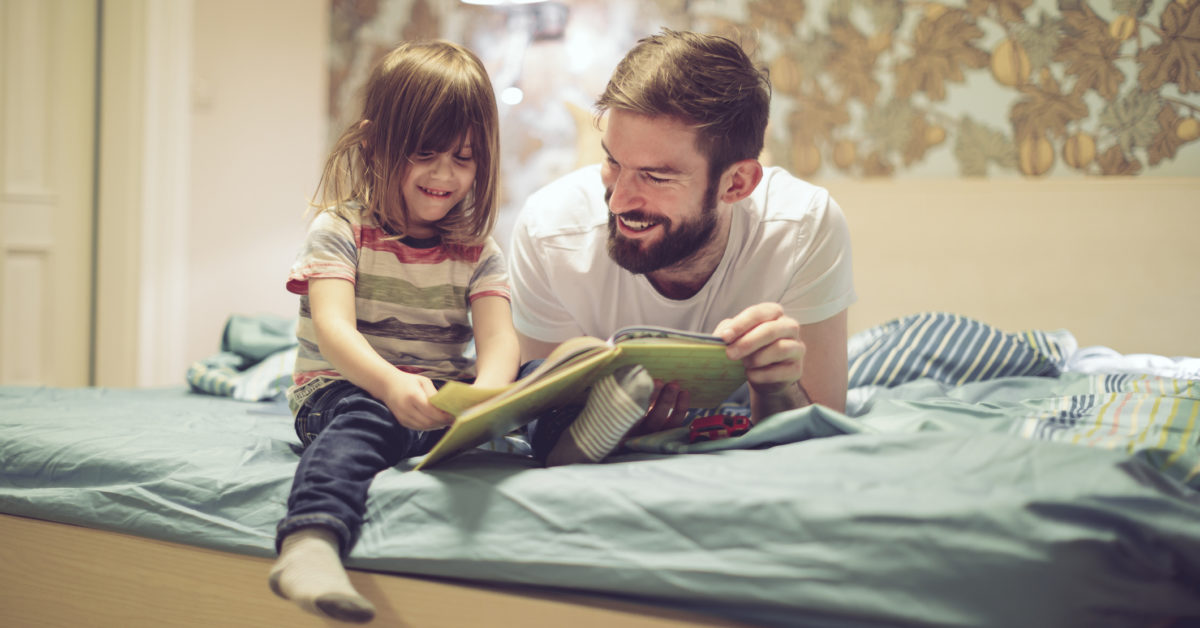A study finds that infants from bilingual homes pay attention to new information faster than other children.

The jury is still out on the long lasting effects of learning two languages in the home.
People have credited the so-called bilingual advantage with providing a variety of long-term cognitive benefits, although some studies question whether the advantage exists at all.
Meanwhile, researchers have observed some of the alleged benefits of bilingualism in preverbal children.
Based on the findings of their new study, they have concluded that living in a bilingual home helps children develop greater flexibility in acquiring new information, even before they learn to speak at all.
The study, from Anglia Ruskin University (ARU) in Cambridge, United Kingdom, appears in the journal Royal Society Open Science.
The hypothesis under investigation is whether the more complex linguistic environment in a bilingual home prompts an infant to develop the ability to switch their attention more rapidly between different stimuli.
Dean D’Souza, who is a senior lecturer in psychology at ARU, is the lead author of the study. D’Souza and colleagues write:
“We propose that exposure to more varied, less predictable (language) environments drive infants to sample more by placing less weight on consolidating familiar information in order to orient sooner to (and explore) new stimuli.”
Dean D’Souza explains, “We know that babies can easily acquire multiple languages, so we wanted to investigate how they manage it.”
“Our research suggests that babies in bilingual homes adapt to their more complex environment by seeking out additional information.”
The researchers analyzed eye tracking data from 102 infants between the ages of 7 and 9 months.
Half of the infants were from bilingual homes. The researchers

